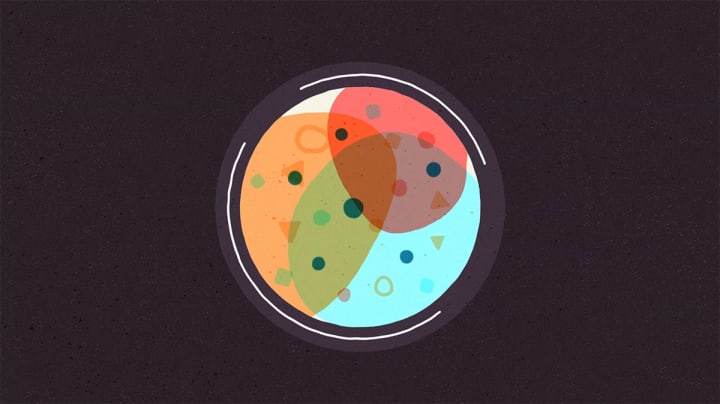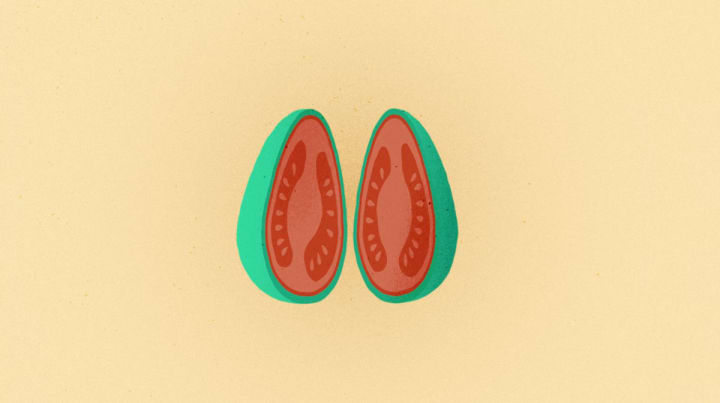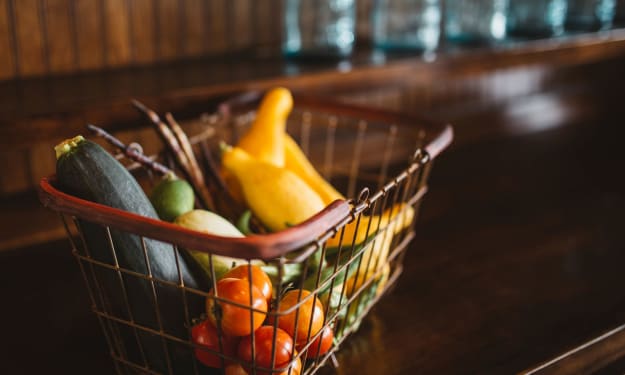A Beginner's Guide to Understanding GMOs
Are GMOs really that bad?
Decades ago, scientists began to realize that there were major problems with a lot of the crops that were being grown. They were being eaten by bugs, often produced way too little to be profitable, and often wouldn't mature quickly enough to meet demand. To solve these problems, they decided to genetically modify them.
These crops underwent gene editing work, and often were spliced with animal DNA that helped them mature faster, or even poison predators. They became known as Genetically Modified Organisms (GMOs) by the food industry, and as one would imagine, not everyone is welcoming of them.
The Frankenfood Debacle

by Mantas Gr
Advocates of GMOs have pointed out that there are a slew of benefits to using gene editing to create new food. Flavr Savr tomatoes, for example, were able to stay edible for longer than most others. Golden Rice, which is engineered to help people avoid blindness by Vitamin A deficiency, has made it possible for millions to get their nutritional needs met.
But, as great as these advances are, not all GMOs have had such a good run. Bt-Corn, which is a GMO crop produced by Monsanto, has been linked with large deaths of butterflies near areas in which it grows. Similar Bt products have also had major negative impacts in the environment. This often makes health advocates wonder if these foods are really safe to eat. After all, if they can kill butterflies, couldn't they be damaging our own bodies?
Moreover, the fact that these vegetables are edited with animal or bacterial genes raises moral questions among many ethical eaters. Are GMO vegetables still vegetarian if they contain animal DNA? Health advocates against them often call them "Frankenfoods" because of the unnatural way they came to be.
How Safe Are GMOs?

by Mantas Gr
Experiments do not show any decisive sign that genetically altered foods are dangerous for human consumption. There have been studies done that suggest that eating GMOs on the long term may cause organ failure. However, the majority of studies that have showed this were later debunked as faulty science.
It's also worth noting that of those that weren't debunked, the majority of results showed that link between Bt-products and other similarly "built in pest defense" vegetables. So, Golden Rice probably is still safe, as are most other GMO products.
Currently, they are FDA-approved and are seen globally as an acceptable food for consumption. So, mainstream science seems to be okay with them... to a point.
That being said, health officials have pointed out that there's a huge uptick in food allergies after GMOs are introduced into markets. In Britain, soy allergies jumped up by about 50 percent when GMO soybeans began being sold in UK stores. Most people do think they're correlated.
The general consensus is that GMOs can potentially be beneficial for society as a whole. However, if you're looking out for your own health, then you should look into avoiding this kind of food.
How Common Are They?

by Mantas Gr
If you're looking to avoid GMOs, it's going to be difficult. Some crops have become almost completely dominated by GMOs, and approximately 70% of all processed foods contain at least one GMO ingredient.
Almost all corn, soy, and sugar beets that are grown in the US are now genetically modified to resist herbicides. So, any processed foods that have these ingredients are also GMO by definition. Moreover, any sugar made from sugar beets is also very likely to be GMO.
How To Avoid GMOs

by Mantas Gr
A good way to ensure that you're consuming food that's never been created in a laboratory is to shop for USDA Certified Organic groceries. Currently, the USDA definition of organic includes the restriction of not being originated from genetically modified crops. You can find this label right on the box in large letters.
Another very reliable way to discern what's GMO and what isn't is a certification from the Non-GMO Project. Much like USDA Certified Organic foods, foods that are approved by the Non-GMO Project will have a label on display on the box.
Is It Worth It?
Honestly, the jury is still out on that. Organic food that doesn't involve genetic modification is generally more expensive, but the trade-off could be better health. It's up to you to choose what you want to do, but I'd play it safe if I were you.
About the Creator
Rowan Marley
Rowan Marley is a 20-year-old sports enthusiast who hails from Brooklyn. When he's not hitting up a local Zumba class, he's drinking organic smoothies. That's just how he rolls.







Comments
There are no comments for this story
Be the first to respond and start the conversation.